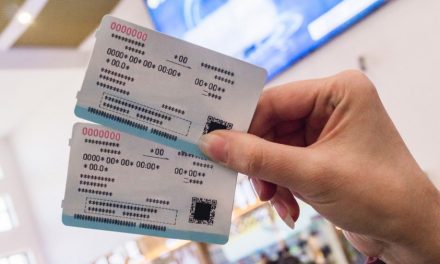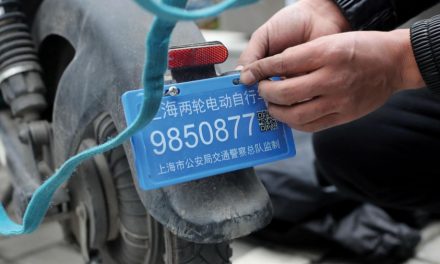China does not like money flowing out of the country. Despite what you may think, there is only ONE totally legal way for expats to send large sums of money out of the country: the way we give below.
But first, like you, we have read advice from all over the internet, some from law firms or law-type people, who espouse all kinds of other ways to send money out of the country. Asking a “Chinese friend”. Illegal! Alipay. Illegal! Paypal. Illegal! Sending a Chinese bank card overseas and withdrawing from a foreign country. Illegal, illegal, illegal! Will you end up in prison for the rest of your life if you use any of these channels? Probably not. But let’s make clear: for personal amounts of money, like your salary, China has a perfectly workable system for you to take that money out of the country. All they want is proof you’ve paid tax on it. Reasonable. Anything else is tax evasion.
SENDING MONEY OUT OF THE COUNTRY ANY OTHER WAY IS ILLEGAL AND SMARTSHANGHAI DOES NOT CONDONE IT. THIS ARTICLE DOES NOT IMPLY OR SUGGEST THAT YOU SHOULD PLAY IN GREY AREAS OF THE LAW.
We talked to a lawyer. Can you tell?
The Way the Government Wants: Prove It, Then Wire It

Basically, you need to prove that you earned the money legally and that you have paid tax on it. That means you need to bring your work contract (the legal proof part) and the yearly income tax statement from the tax office (the tax payment part). How do you get that? You ask the HR or finance person at your totally legal job, who has been filing your payments for you, for a copy. (These days, this can even be done through Alipay.)
You will also need your passport, your foreign account details and the money, which cannot exceed the amount that the tax office document covers.
The bank teller will absolutely love it if you forget one of these things, so be diligent and make sure you go in prepared.
If you have paid tax on your income and done everything above board, you can normally send up to 50,000usd per year, though it will require a conversion fee because China doesn’t want rmb leaving China. This limit has also been known to change from bank to bank, and sometimes just not exist at all. If you are using the same bank in both China and abroad (like HSBC), the transfer may even be instant.
What If I Don’t Have Tax Office Records?

Now here’s a technical detail. China does not actually limit the amount of money non-residents can send abroad — what it limits is the amount of rmb you can convert into other currencies. This is capped at 500usd per day.
What this means — you can walk into a bank in mainland China and exchange up to but not more than 500usd a day without proof of where it came from or that it has been taxed.
So, easy! To get your 30,000rmb out of China, you just go to the bank 10 days in a row, until you convert all money to a foreign currency and then send that out, right? No.
No, no, no.
They’ve thought of that.
Theoretically, you could do this four days in a row without legal repercussions, but in reality, someone at the bank is going to notice and the manager is going take an interest in where all this money is coming from. Is it legal? Was it taxed? You could bank-hop, but then this is starting to sound a lot like tax evasion, WHICH IS ILLEGAL.
See disclaimer above.
Take Cash on the Plane

Finally, there is cash-in-the-bag. The rules here are clear. Both Chinese and non-Chinese citizens are allowed to take up to 5,000usd or the equivalent in foreign currency out of China each time they leave. Unless you leave twice within 15 days, triggering a new limit of just 1,000usd or foreign currency equivalent. Any more, and it’s got to be declared at customs.
So, to recap. If you want to get money out of mainland China, you’ve got to prove how you earned it and show you’ve paid tax on it. Anything else is considered tax evasion and is illegal.
Happy documenting!
*
Updated to clarify the annual transfer maximum.

![[How To]: Send Money Overseas](https://www.life-china.com/wp-content/uploads/2019/07/1558859524-1280x640.jpg)

![[How To]: How to Take a Train in China](https://www.life-china.com/wp-content/themes/Extra/images/post-format-thumb-text.svg)


Recent Comments